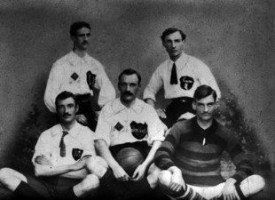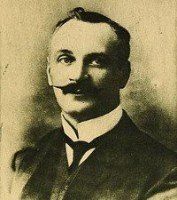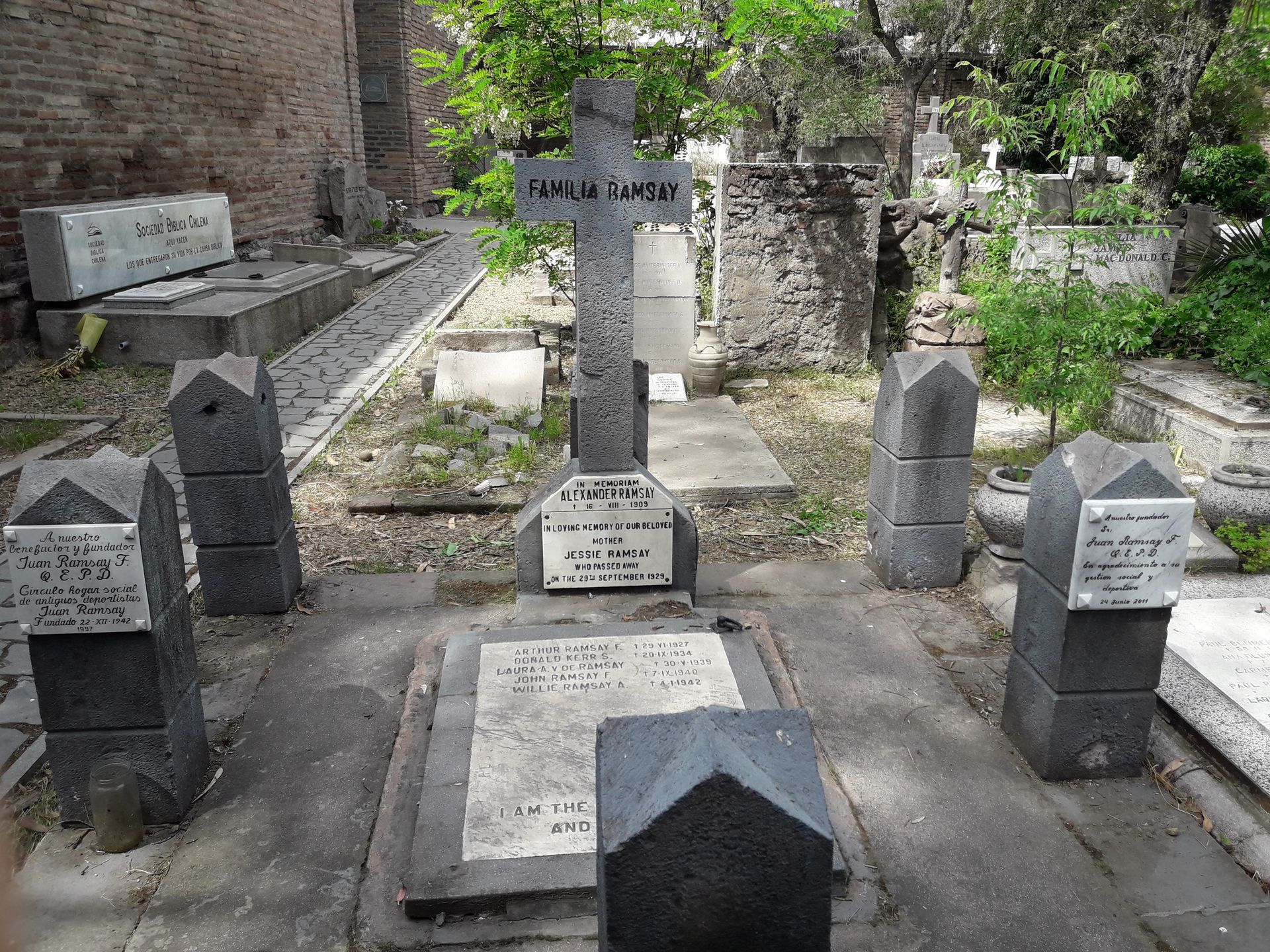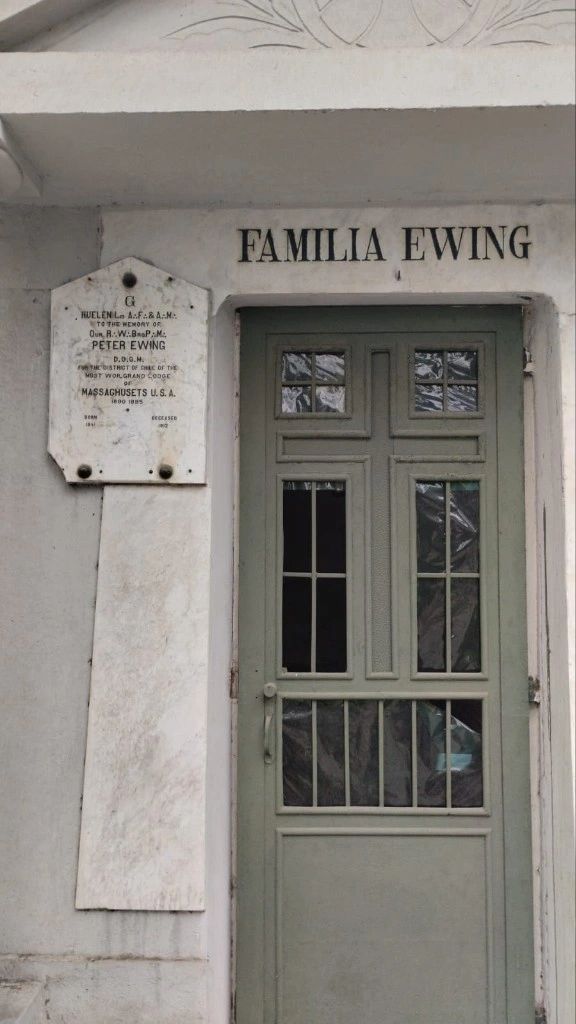New paragraph




And none of the brothers appears to have had any further significant role in or effect on the Chilean game. That was to be left to an another Scots-Chilean father, John Livingstone, a Ramsay boys' contemporary, indeed a player against them, and Sergio, his still more famous, footballing son. But it does not mean that they are either unrecognised or un-lauded. Even today there is as part of La Romeria, the traditional, annual procession of multi-protest to Santiago's General Cemetery, a deputation from the Club de Antiguos Deportistas Juan Ramsay to the Ramsay family grave, which, like that of the Ewings, is in its Protestant section.

